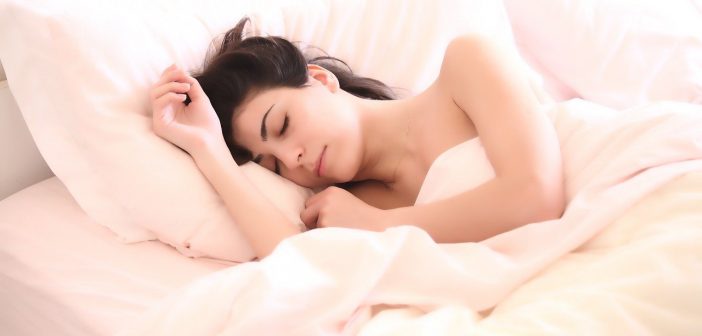Scientists from all disciplines have been looking at what drives sleep cycles and circadian rhythms. From the discovery of the first gene, called “Clock”, which sets the mammalian circadian rhythm to knowing what the brain does during each stage of sleep, scientists are beginning to unravel what takes place during sleep, how sleep is controlled and what happens if sleep is interrupted or when a person is sleep-deprived. Here is some information about the emerging science behind sleep cycles and how this new knowledge could help you improve the quality and quantity of sleep you get each night.
Sleep Stage One
The first stage of a sleep cycle lasts for about seven minutes. This happens shortly after you lay down. Your brain waves slow down to alpha and theta waves. Your eye movements decrease. You’re still alert at this stage, and a flicker of a light or a spoken word could startle you awake.
Sleep Stage Two
During the second stage of sleep, your brain makes spindle wave patterns. These indicate a higher frequency of activity. After this burst of brain energy, the waves slow down a great deal. This is still a relatively light stage of sleep, and it lasts for about 10 to 15 minutes.
Sleep Stages Three and Four
Stages three and four of the sleep cycle are similar. In the third stage of sleep, your brain waves are slow. You are in a much deeper stage of sleep, and it’s more difficult for someone to wake you. Your muscles and eyes are nearly still. In the fourth stage of sleep, your brain makes more delta waves. These are deep and restorative periods of sleep. At this time, your body is able to make cellular repairs. It also releases growth hormone. Your immune system gets to work making antibodies and eliminating invaders. This stage of sleep builds energy for when you are awake. Combined, sleep stages three and four last for about 60 minutes.
Rapid Eye Movement Sleep
About 90 minutes after you fall asleep, your body enters the rapid eye movement stage. Most adults will have five or six periods of rapid eye movement sleep during a night of eight hours of total sleep time. During the rapid eye movement stage of sleep, your eyes move around a lot. This is when you dream. Your heart rate, blood pressure and brain waves increase. You also breathe more quickly but less deeply. When you are in this stage of sleep, your brain makes neural connections. This stage of sleep helps you learn and remember. Your brain spends this time organizing and consolidating information and making connections between what was new over the past day and what you already knew from previous experience.
How to Get a Good Night’s Sleep
To get a good night’s sleep, consider your sleep hygiene. Your bedroom should be dark and reserved for sleeping and intimacy. Set the thermostat to 65 to 75 degrees Fahrenheit. Avoid electronics, caffeine, alcohol and snacks before bedtime. A mattress’ lifespan is five to 10 years. If yours is older, it’s time to go mattress shopping. A new mattress is also a good idea if you’ve developed a health condition, such as chronic back pain, that requires a different type of support.





It’s great to be here with everyone, I have a lot of knowledge from what you share, to say thanks, the information and knowledge here helps me a lot.
Sleeping is the best for health
Really educational information about sleep. Over 90% people all over the world can’t sleep on the bed properly. I think everyone should know these terms to get better sleep. I appreciate your brilliant ideas. Thank you very much for share this well-written article.
The information you have posted is really good and very helpful, I will often visit your site.